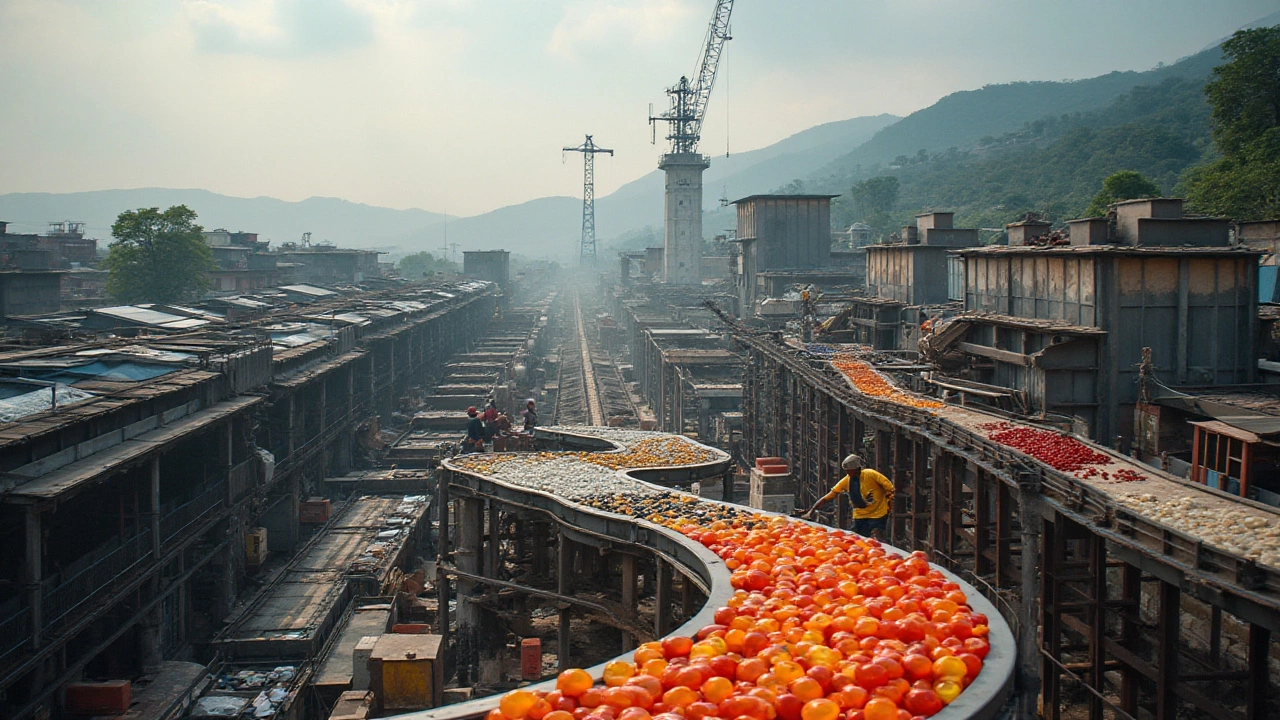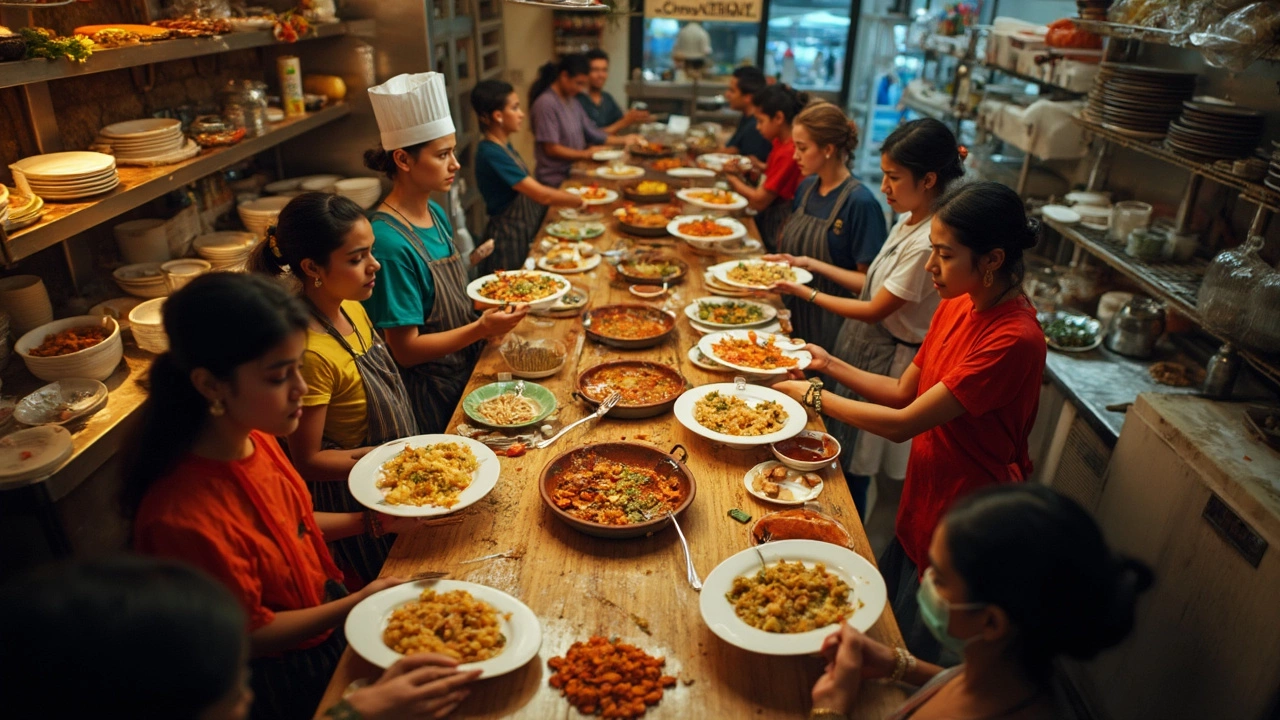Plastic Buyers: What You Need to Know
When working with plastic buyers, people or companies that purchase plastic resins, granules, or finished polymer products for manufacturing, packaging, or resale. Also known as plastic purchasers, they must navigate price volatility, quality standards, and sustainability requirements. In 2025 the biggest headache is a fast‑changing plastic demand, the overall need for specific polymer types across industries such as automotive, packaging and construction. If you don’t track which grades are hot, you’ll end up with stock that sits idle or, worse, violates new regulations.
One way to stay ahead is to get comfortable with recycled plastic, post‑consumer polymer material that has been cleaned, re‑melted and turned back into usable resin. Recycled PET, rHDPE and rPP are not just eco‑friendly buzzwords; they often carry lower price points and help you meet green‑procurement mandates. Understanding the grade, melt flow index and contamination risk lets you match the right recycled feedstock to your product specs without sacrificing performance.
Key Factors Shaping Your Choices
The plastic market drives everything you decide – from contract length to inventory levels. A surge in demand for HDPE pipes, for example, can push spot prices up by 15% in a single quarter, while a new EU ban on single‑use PP can open up niche opportunities for exporters. At the same time, supply chain disruptions in Asia raise lead times, so many buyers now keep safety stock of high‑volume grades like LLDPE film and EVA for solar applications.
Regulatory trends are another heavyweight. Countries such as India are tightening recycled‑content quotas for packaging, which means your sourcing strategy must include verified recycled sources. Certifications like ISRI or RCS give you a documented trail and protect you from audits. In practice, this translates to asking suppliers for melt‑flow data, moisture content reports, and a clear chain‑of‑custody for each batch.
Technology also reshapes buying. Digital platforms now offer real‑time price feeds, AI‑driven demand forecasts, and automated order matching. If you’re still placing orders via email, you’re likely missing out on price arbitrage that can shave 3–5% off your cost of goods. Integrating a procurement software that pulls data from multiple exchanges can surface hidden opportunities, especially for emerging grades like POE used in flexible solar panels.
Finally, sustainability goals are no longer optional. Large brands are publishing “plastic footprint” targets, and they expect their suppliers to deliver transparent data. This pushes buyers to work closely with material scientists, evaluate life‑cycle assessments, and choose grades with lower embodied carbon. When you align purchasing decisions with these goals, you not only comply with corporate policies but also open doors to premium contracts that reward eco‑performance.
Below you’ll find a curated selection of articles that dig into each of these areas – from detailed demand forecasts for 2025 to step‑by‑step guides on sourcing recycled resin. Whether you’re a seasoned procurement manager or just starting to explore the plastic market, the posts ahead will give you actionable insights, real‑world examples, and practical tips to make smarter buying decisions.
Top Buyers of Plastic in the Manufacturing Industry
Plastic is ubiquitous, comprising items we use every day. The largest buyers of plastic are frequently industrial giants spanning various sectors, driving demand across the globe. Recognizing these key buyers provides insight into market trends and sustainability challenges. The article explores who these buyers are and their impact on economic and environmental scales, offering a deeper understanding of the manufacturing ecosystem.
- manufacturing
- India
- food processing
- garden tips
- rice cultivation
- government schemes
- balcony garden
- urban gardening
- balcony gardening
- profitable business
- business ideas
- plastic manufacturing
- drip irrigation
- plant care
- steel manufacturing
- sustainable gardening
- startup ideas
- steel industry
- flower gardening
- textile manufacturers






